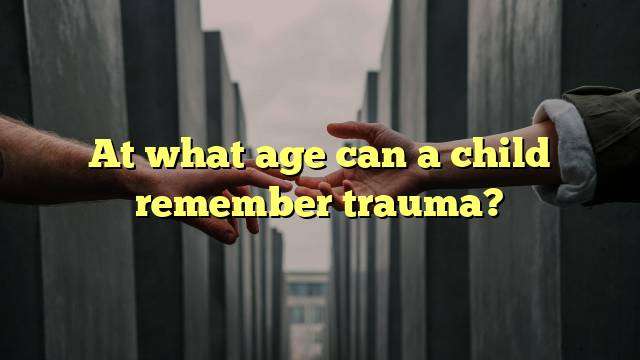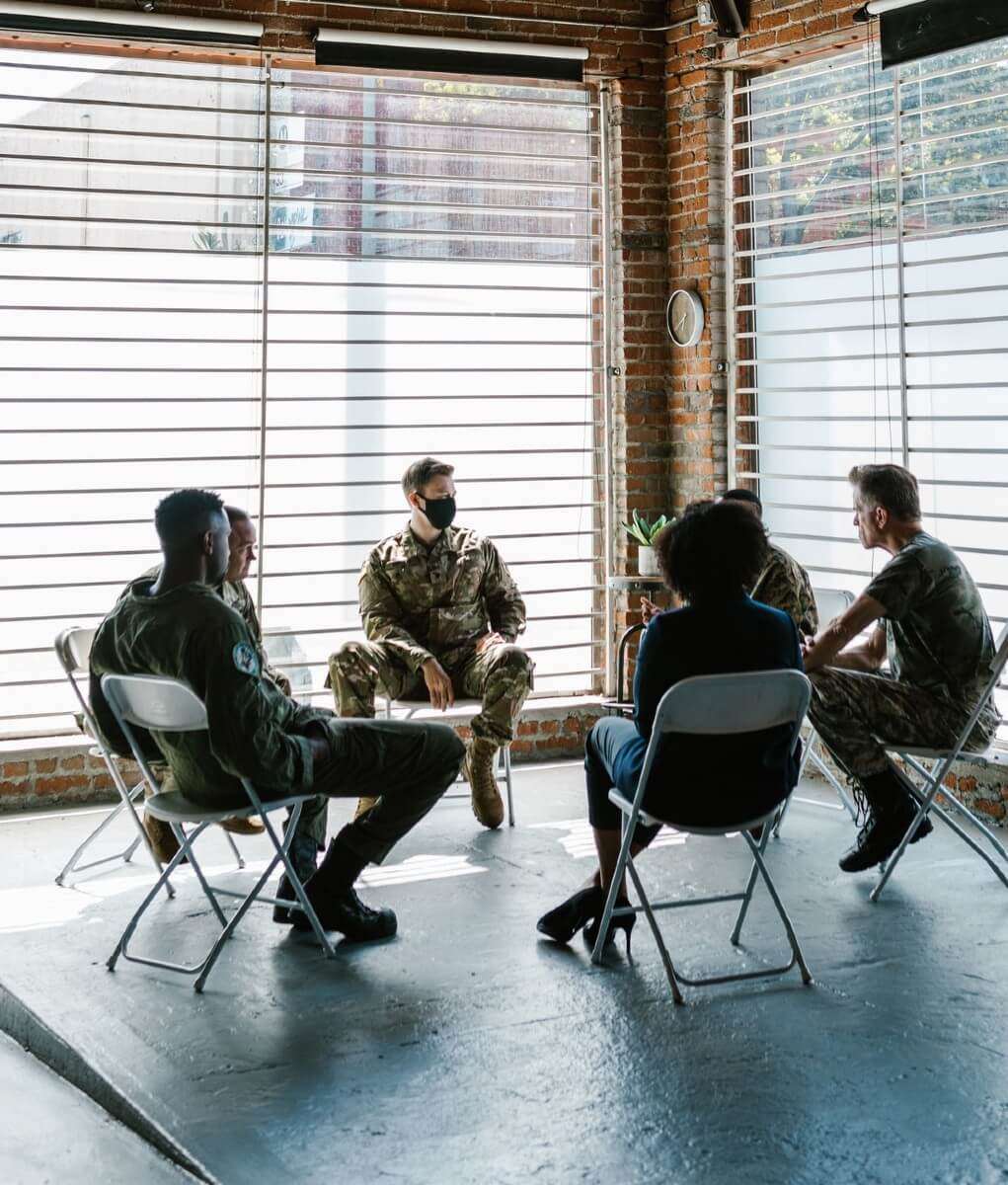Can a Child Remember Trauma at Any Age?
The idea that a child can remember a traumatic event and the effects it could have on them is a difficult one to accept. As a parent, it is hard to think that our children could experience such a traumatic event and remember it, even if they are young. Studies have shown, however, that babies are capable of retaining memories of traumatic experiences, even if they cannot recall the exact details of what happened.
The Effects of Trauma in Babies
The effects of trauma, even at a very young age, can be far-reaching. Babies that experience a traumatic event may display behaviors that are considered out of the ordinary for their age. They may become more easily agitated and have difficulty sleeping, as well as difficulty forming attachments and relationships with others.
It is important to remember that trauma can be experienced in many different forms. It can range from a physical injury to an emotional or psychological event. In all cases, however, the effects can be profound and long-lasting.
The Impact of Trauma on Memory
Studies have shown that babies as young as one year old can form memories of traumatic experiences. While they may not remember the exact details of what happened, they can retain a feeling of the experience, shaping their behavior and responses later.
The impact of trauma on memory can be complex. In some cases, a child may remember a traumatic event vividly, while in others, they may not even be aware that it occurred. This can be especially true in cases of emotional and psychological trauma, where the child may not be able to process the experience in the same way as a physical injury or event.
Coping with Traumatic Events
It is important to remember that traumatic events, even those that occur in childhood, can have long-lasting effects on a person’s mental and emotional health. If a child is exposed to a traumatic event, it is important to seek professional help to ensure that the child is able to cope with the experience and move forward.
A Parent’s Role in Supporting a Child Through Trauma
As a parent, it is important to be aware of the signs that a child may be struggling with a traumatic event. It is also important to provide a safe and supportive environment in which the child can process their feelings.
It is also important to remember that every child is different and may respond differently to a traumatic experience. While some may find it easier to talk about their feelings and experiences, others may need more time and support. It is important to be patient and understanding with a child who has experienced a traumatic event.
Conclusion
The effects of trauma, even at a very young age, can be far-reaching. While babies may not remember the exact details of what happened, they can retain a feeling of the experience, which can shape their behavior and responses later. As a parent, it is important to be aware of the signs that a child may be struggling with a traumatic event and provide a safe and supportive environment in which the child can process their feelings. With the right support, a child can learn to cope with a traumatic experience and move forward.



